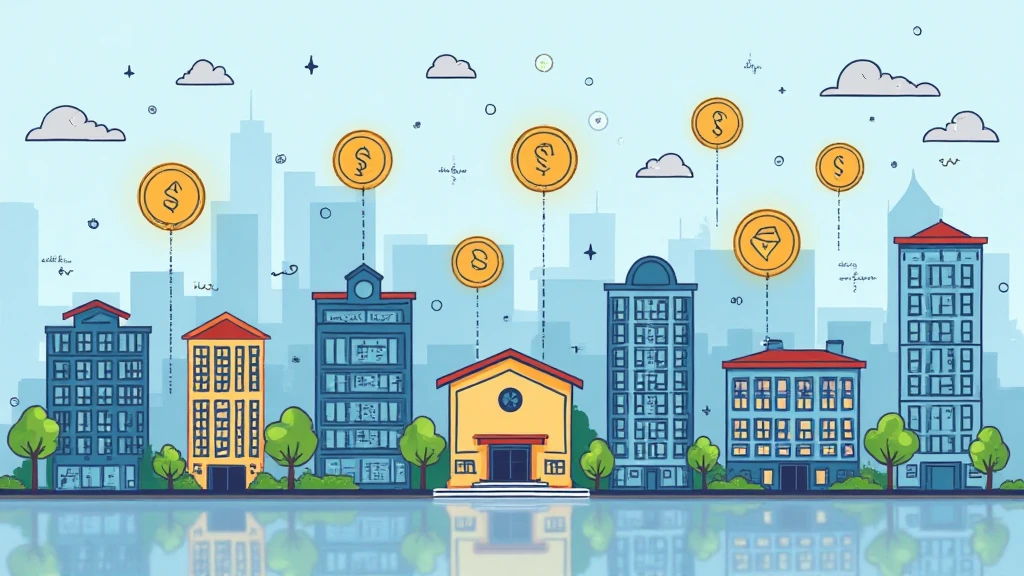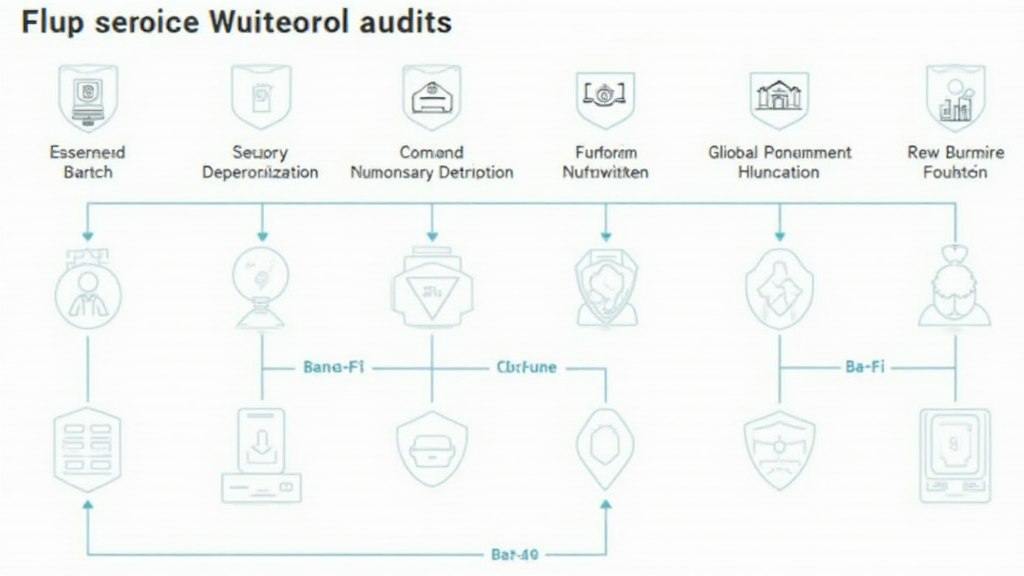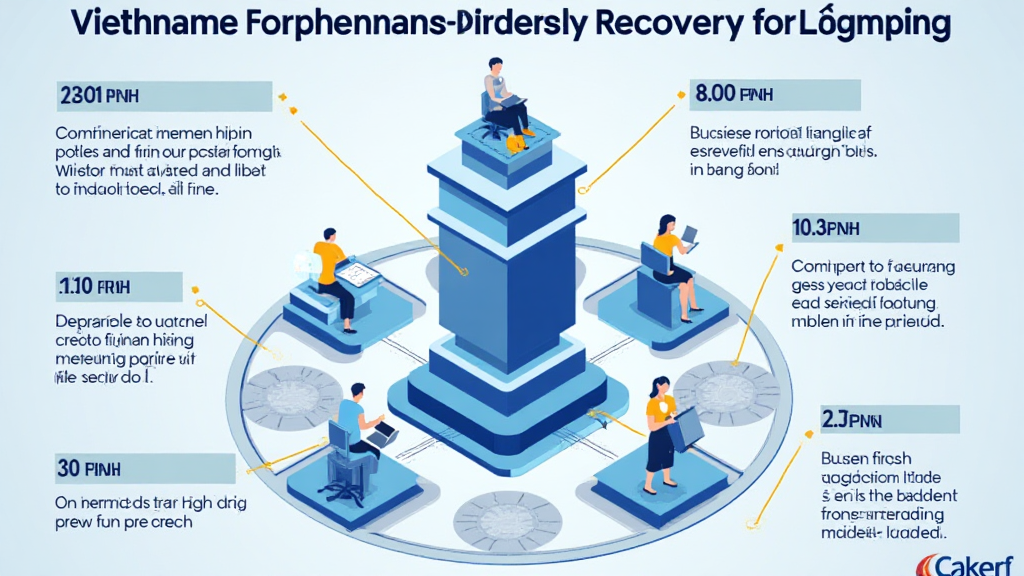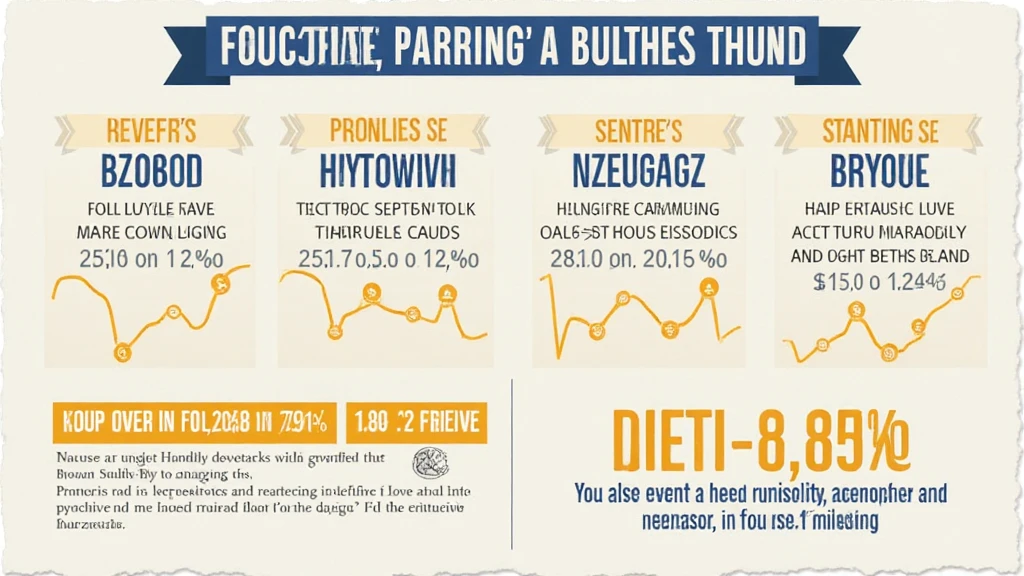Vietnam Real Estate Tokenization Process: Unlocking the Future of Property Investment
With the Vietnamese real estate market growing exponentially, the traditional methods of property investment are being redefined. In 2024, reports indicated that the market was valued at approximately $22 billion, and it continues to attract foreign investment. Given this backdrop, the Vietnam real estate tokenization process is gaining traction as a method of making property investments accessible, secure, and efficient.
Understanding Tokenization in Real Estate
Tokenization refers to the process of converting physical assets into digital tokens on a blockchain. This method allows for fractional ownership, meaning investors can buy a portion of a property rather than the entire asset—a game-changer in the real estate sector.
1. How Tokenization Works
- **Asset Assessment**: The property is evaluated to determine its market value and profit potential.
- **Smart Contract Creation**: A smart contract is developed to outline the terms of ownership and distribution of profits.
- **Token Issuance**: Digital tokens representing ownership shares are issued to investors.
- **Transaction on Blockchain**: Transactions are recorded on a blockchain, ensuring security and transparency.
2. Benefits of Real Estate Tokenization
- **Increased Liquidity**: Investors can buy and sell tokens much easier than traditional real estate transactions, thereby increasing liquidity.
- **Lower Barriers to Entry**: The ability to purchase fractional shares means that more people can invest in real estate.
- **Enhanced Security**: Blockchain technology not only secures transactions but also provides transparency, reducing fraud risks.
- **Global Accessibility**: Investors from around the world can participate in the Vietnamese real estate market.
Challenges Facing the Tokenization Process in Vietnam
Despite its promises, the Vietnam real estate tokenization process faces challenges that must be addressed to realize its full potential.

3. Regulatory Concerns
With Vietnam’s regulatory framework for cryptocurrencies still evolving, there is uncertainty regarding how tokenization will be governed.
- The need for clear guidelines from the government becomes paramount as developers look to tokenize properties.
- According to the Ministry of Finance, new regulations are anticipated in 2025 to provide clearer operating standards.
4. Market Education
The general public’s understanding of cryptocurrencies and blockchain is still limited. Educational initiatives are essential for broader adoption.
- Real estate agencies and blockchain firms need to collaborate to train potential investors.
- Workshops and online courses can demystify blockchain, aiding in acceptance.
Investing in Real Estate through Tokenization: A Step-by-Step Guide
For those interested in leveraging the Vietnam real estate tokenization process, here’s a simple guide:
5. Step 1: Research the Market
Understand the properties available for tokenization, their price points, and the projected growth of the real estate in Vietnam.
6. Step 2: Choose a Reliable Platform
Utilizing trustworthy platforms like hibt.com ensures that investors’ assets are managed securely and compliant with applicable regulations.
7. Step 3: Secure Digital Wallet
Investors must create a digital wallet that can hold their tokens safely. Tools such as Ledger Nano X provide robust security features.
8. Step 4: Start Investing
Investors can purchase tokens representing their share of the property from their chosen platform, utilizing the wallet to hold and manage these digital assets.
9. Step 5: Monitor Your Investment
Stay informed about market trends, property developments, and token performance to navigate your investments effectively.
Future of Real Estate Tokenization in Vietnam
As more players enter the Vietnam real estate tokenization process, the market is anticipated to evolve significantly. The Vietnamese government is focusing on enhancing the technological framework to facilitate innovative investment strategies.
10. Projections for 2025
By 2025, the Vietnamese real estate market is expected to see a **30% increase** in tokenized assets, fueled by rising foreign interest and technological advancements.
11. The Role of Blockchain Technology
As blockchain technology becomes more sophisticated, the Vietnam real estate tokenization process will likely adopt even more secure and efficient methods of transactions.
- The implementation of tiêu chuẩn an ninh blockchain will ensure higher security for transactions.
Conclusion: Embracing the Change
The Vietnam real estate tokenization process represents a pivotal shift in how investment opportunities are perceived and executed. With the right regulatory frameworks, education, and technology, this innovative approach holds the potential to attract a larger pool of investors while democratizing the real estate investment landscape.
As we look towards 2025, the implications of these changes will not only impact Vietnam but also serve as a model for other emerging markets looking to innovate through blockchain technology.
Stay ahead of the curve by staying informed about the Vietnam real estate tokenization process and how it continues to evolve on platforms like cryptocoinnewstoday.





